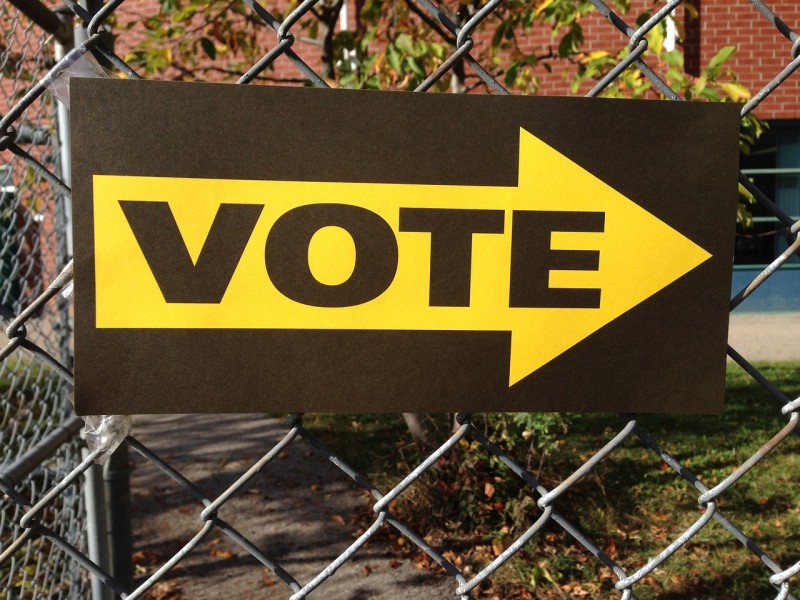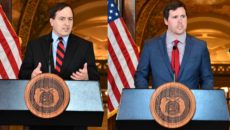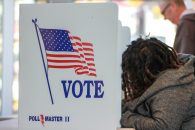ST. LOUIS — A charity organization that deals with drug and alcohol abuse is raising concerns regarding the medical marijuana measures Missourians will be asked to decide on in November.
The National Council on Alcoholism and Drug Abuse of St. Louis — who earlier this year came out in support of “real medical marijuana” — is asking voters to carefully examine each of the three medical marijuana questions before casting their general election ballot.
“Much of the conversation about November’s measures surrounds how access to marijuana will help people who are suffering. This is, of course, a laudable goal,” said Nichole Dawsey, Executive Director of NCADA. “However, we are very concerned about the structure of each of these measures. These systems put profits over patients.”
In August, Dawsey noted that this will be the first time that Missourians vote on whether or not something constitutes a medicine. The three options voters will be presented with legalizing medical marijuana are vastly different. Two are Constitutional amendments, one is a statutory change and the infrastructure set up varies for each question.
Missourians will have three options for legalizing medical marijuana on November ballot
Amendment 2 is a constitutional amendment put forth by New Approach Missouri and will be the first marijuana-related question to show up on the ballot. Backers of the measure have brought in more than $1 million.
Amendment 3 is also a constitution amendment. The measure, backed by Find the Cures, was written by Springfield attorney and lawyer Brad Bradshaw. Bradshaw has donated the majority of the campaigns $1.5 million to date.
Proposition C would change Missouri statute to give patients access to medical marijuana. Backed by Missourians for Patient Care the campaign has raked in $1.3 million in donations.
The NCADA had specific concerns relating to:
- Patients accessing marijuana products will be forced to pay taxes up to 15 percent. Missouri traditionally doesn’t tax medicine.
- With each of these initiatives, the marijuana industry is writing its own rules.
- These initiatives are being funded through dark money and special interests.
- Two of the initiatives lock taxes and bureaucracy into Missouri’s constitution.
- Under these initiatives, doctors can’t prescribe marijuana, they only recommend it.
- Licensed healthcare providers should be offering medical advice, not unqualified dispensary staff
- One initiative has the potential to deny Missourians access to FDA approved medications, Epidiolex and Marinol.
“Missourians deserve high quality, compassionate care — not schemes designed to line the pockets of special interests by taking advantage of people suffering from chronic, debilitating medical conditions,” Dawsey said.

Alisha Shurr was a reporter for The Missouri Times and The Missouri Times Magazine. She joined The Missouri Times in January 2018 after working as a copy editor for her hometown newspaper in Southern Oregon. Alisha is a graduate of Kansas State University.












